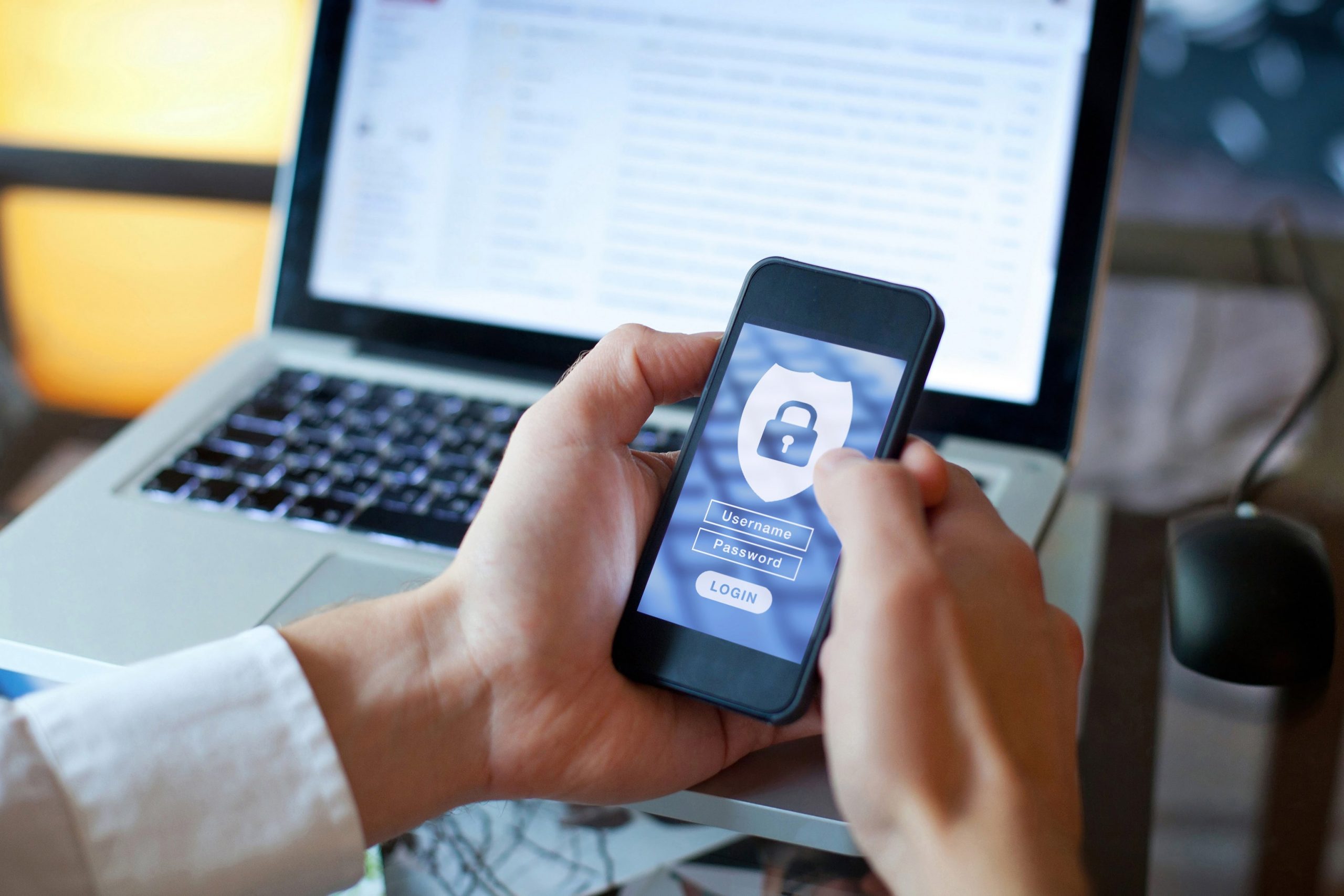After the COVID-19 pandemic, the professional world saw a revolution; the remote work model. Even after the end of the COVID-19-related lockdown, companies let their employees work from home. Now, most business owners, from leading companies to small start-ups, hire people worldwide as remote employees. However, remote work comes with serious security concerns, from data breaches to insecure connections. The widespread availability of flaws means that hackers can easily access your data if they use them. A large financial loss, reputational damage, and data loss can follow from not taking steps to protect oneself from fraudsters that engage in various forms of extortion, fraud, and data breaches. To secure your company from hackers and develop a comprehensive strategy for implementing any exposures before they become targets of hackers, you must hire experts like Cmitsolutions who will incorporate the defenses tailored to your business needs in a highly efficient manner with no disruption to your business operations.
Common security concerns of remote work
It is crucial to define the security threats associated with remote work before finding ways to compete with them. Here are several security concerns that are common in the remote work model.
Unsecured Wi-Fi connections
When your employees work on corporate Wi-Fi connections in your office, you are sure enough that your connection is secure. But in the remote work model, you give the employees the freedom to work from any Wi-Fi connection, including insecure ones.
Especially public Wi-Fi sources such as libraries, restaurants, or airports can create security liabilities. Your corporate resources may become visible to unauthorized parties, and this can cause profit loss or disclosure of sensitive data.
Device theft
The remote work model comes with a greater risk of device theft as employees are usually free to work with any device they like. These may include smartphones or laptops, which are mobile devices that can be taken anywhere. Naturally, this increases device theft risk and exposes your corporate data to someone who can steal a device from your employee.
This is sometimes a greater risk than cybersecurity concerns, as in the case of device theft, you’ll have to trust your employee to prevent it. Not to mention that if it happens, you may not have direct control over the issue, especially if your employee lives in another country.
Phishing scams
In addition to outside threats, remote employees can also create security risks themselves. Some of them may not exactly be tech-savvy, and these are the kinds of people that may, unfortunately, become the victims of scammers.
Phishing scams exploit people by making them believe that they are one of the superiors of their company and request login information to corporate data. This may not be a big deal if you’re working in an office where all employees know and see each other, but it can be pretty dangerous in a remote work setting. The National Cyber Security Centre also confirms the reality of this threat since they received 9 million cases of phishing scams in 2021 alone.
Increased number of endpoints
Before the remote work model was a common practice, the endpoints of the corporate network were limited. Perhaps the only endpoints were the computers in your office which were relatively secure.
But the remote work model caused concerns on the number of endpoints as they single-handedly multiplied the boundaries corporate data reach. Considering that your remote employees access sensitive data from anywhere, controlling and restricting the corporate network becomes highly challenging.
Limitless file sharing
Companies that are aware of cyber security’s importance may have set file-sharing policies on their corporate network, but the remote work model certainly made file-sharing more complicated.
Your IT team probably knows the boundaries of file sharing, but if remote employees are not familiar with cyber security, they may share unencrypted sensitive files related to your company. Stolen corporate data from uncontrolled file sharing may get your company sued or cause profit loss.
Mitigate the risks of remote work with Corporate VPN
If you want a secure remote work model, there is one measure you need to take that will protect you from all the security concerns we mentioned above. Adopting a Corporate VPN solution from a well-known company will ensure that your corporate data stays within the border you decide.
Corporate VPN solutions create a direct tunnel between your remote employee and the corporate network. This means that there is no off-limit traffic or unauthorized parties sniffing around your company’s sensitive data. The only people who have access to your resources are the employees on your private virtual network.
In order to make remote work more accessible and secure, these services also provide your company with credible and reliable authentication methods. When your employees request access to corporate data, they will be identified by biometrics, 2FA authentication, or SSO. This will ensure that even your remote employees’ devices fall into the wrong hands, the infringers will not be able to see the sensitive information.
Another great advantage of Corporate VPN services is the integrability of your existing company structure. While securing the remote work, you’ll also be able to provide your remote employees with a seamless working environment.
Corporate VPN solutions are most likely the most effortless, maintenance-free, and safest way to manage security concerns of remote work. As they offer cloud-based solutions that are applicable anywhere, they protect your corporate network even if you have remote employees all around the world. These services bring the benefits and the convenience of remote work to your company while ensuring it is as secure as the traditional working environment.
